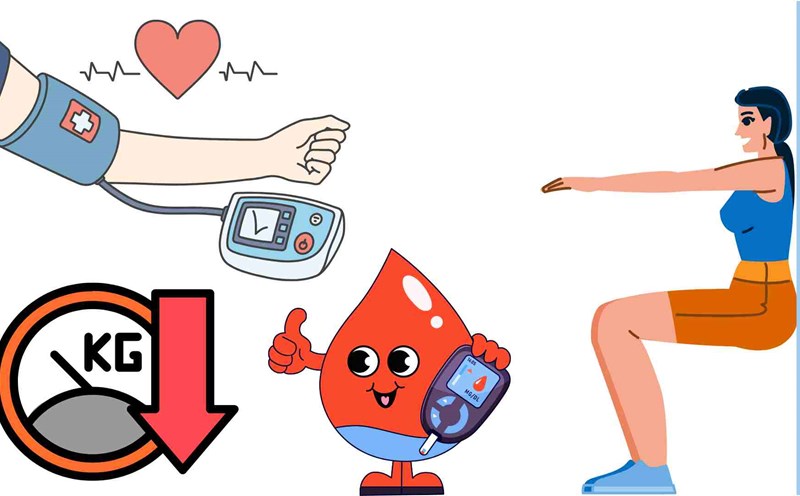To control blood pressure well, in addition to complying with medication, there needs to be a reasonable diet, in which limiting sugar and sweet fruits is necessary.
Ripe mangoes, although a nutritious fruit, are not an ideal choice for people with high blood pressure.
According to research, 100g of ripe mango contains about 14g of natural sugar, mainly fructose, sucrose and glucose. When consuming ripe mango in large quantities, blood sugar levels will increase, stimulating insulin secretion gland to lower blood sugar. However, high sugar levels can also cause increased blood penetration pressure, increasing circulation volume and thereby contributing to high blood pressure.
The World Health Organization said that consuming too much sugar, including natural sugars from fruit, is associated with an increased risk of obesity and insulin resistance. These are 2 high risk factors for high blood pressure.
Consuming too much fructose is associated with an increased risk of high blood pressure, especially in middle-aged people.
In addition, ripe mangoes have a fairly high glycemic index, ranging from 5160. For people with high blood pressure who have diabetes or prediabetes, eating ripe mangoes will quickly increase blood sugar levels, indirectly affecting blood pressure and increasing the burden on the cardiovascular system.
Although ripe mangoes contain many vitamins C, A and antioxidants, people with high blood pressure should consider carefully the consumption of this fruit.
Instead, you should prioritize fruits with a low glycemic index such as apples, pears, cucumbers or berries to control blood pressure more effectively.











